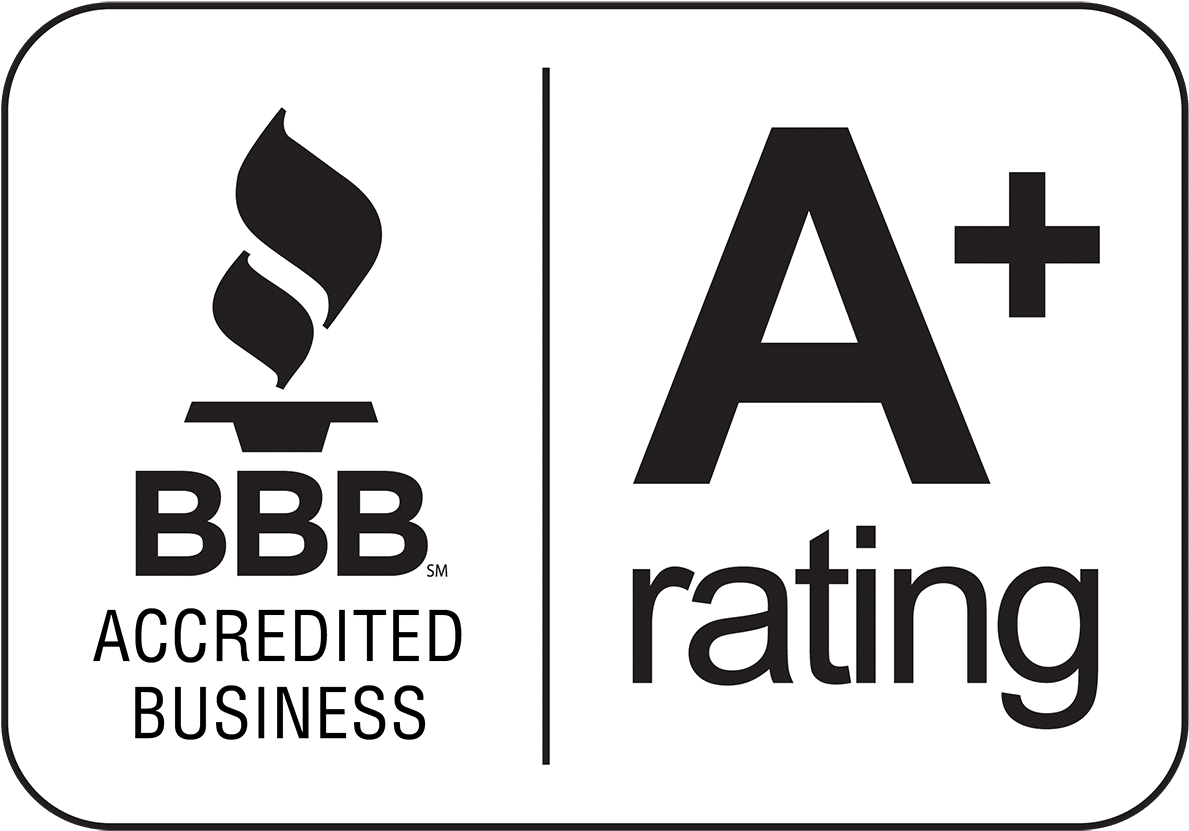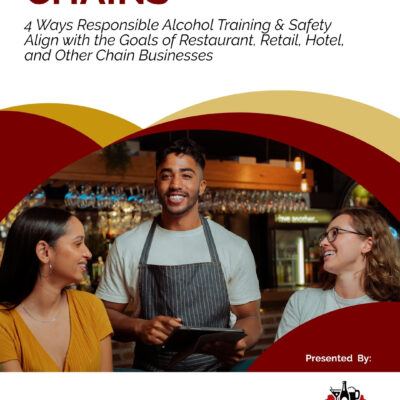Understanding Food Safety Requirements in Texas
Food safety is critical to running any food-related business in Texas. Whether managing a restaurant in Houston or working in a food truck in Austin, proper food handling isn’t just best practice—it’s the law. The Texas Department of State Health Services (DSHS) is the guardian of public health, enforcing strict rules to protect us all.
Foodborne illnesses are not just a statistic; they are a serious threat. According to the FDA, one in six Americans gets sick from contaminated food. In Texas, local governments partner with DSHS to ensure that food establishment workers are adequately trained and certified. From 2010 to 2022, sit-down restaurants reported 87 outbreaks, resulting in 959 illnesses and 28 hospitalizations. In 2017 alone, health officials reported 5,113 cases of salmonellosis. These numbers underscore the importance of strict adherence to food safety laws.
Overview of Texas DSHS Regulations
The Texas Food Establishment Rules (TFER) outline hygiene practices, cross-contamination prevention, temperature control, and proper storage procedures. One primary requirement is that at least one certified food manager must be on-site during all hours of operation. In addition, all food employees must complete a Texas food handler training program approved by the state.
Why Food Safety Matters in Texas
Texas has thousands of restaurants, grocery stores, cafeterias, and catering services. Ensuring these locations adhere to state-level food safety laws helps reduce illness outbreaks and maintains consumer trust.
Texas Food Handler Certification vs. Food Manager

Many people confuse these two certifications, but they serve different roles in food safety. Key Differences:
|
Certification |
Required For |
Exam Required |
Renewal Period |
|
Food Handler Card |
All food employees |
No |
Every 2 years |
|
Food Manager Certificate |
Supervisors and managers |
Yes (proctored) |
Every 5 years |
FAQs: Texas Food Manager and Handler Certifications
- How long is the Texas food handler card valid?
Your food handler card is valid for 2 years from the date of issuance. - Is a food manager certificate required in all Texas restaurants?
Yes, at least one certified food manager must be present during all operating hours at food establishments. - Can I complete both the TABC and food handler training online?
Absolutely. Several state-approved providers offer combo packages you can complete in a few hours. - Is the food handler license accepted statewide?
Yes. Once issued by an approved provider, your certification is valid across all counties in Texas. - What happens if I let my food manager certificate expire?
You must retake the training and exam. There is no grace period for expired certifications. - Can I take the certification in Spanish?
Yes. Many providers offer bilingual options, including courses entirely in Spanish.
What Is a Texas Food Manager Certification?
The State of Texas issues the Food Manager Certification to individuals who complete state-approved food safety training and pass a certified examination. This certification is not just a formality; it’s a testament to your commitment to public health. Anyone overseeing food operations in a commercial setting, such as head chefs, restaurant managers, or catering leads, must earn this certification.
Who Needs This Certification in Texas?
- Restaurant managers
- Head chefs and kitchen supervisors
- Grocery store deli leads
- Institutional foodservice managers (e.g., hospitals, schools)
Who Needs Which Certification?
Not having the required certification can lead to fines and penalties, and in some cases, even closure of the establishment. You need a food handler certificate if you prepare, serve, or handle food (like a server, cook, or barista). If you oversee operations, the manager certification is required.
Free and Low-Cost Options for Certification
Are There Free Texas Food Manager Programs?
While most programs charge a fee, some non-profits and employers offer free training:
- Workforce development programs
- Community college job training
- Employer-sponsored training courses
- For the food handler certification, some counties occasionally offer free classes during health outreach initiatives or job fairs.
Texas Food Manager Certification Programs
Serving Alcohol offers Texas Food Manager Certification Programs, including multiple testing options. To learn more about Serving Alcohol and its role in helping your establishment, check out our Who We Serve page.
How to Pass the Texas Food Manager Exam
The Texas Food Manager Exam isn’t just about memorizing rules—it tests your understanding of managing a safe food environment. Most providers require a score of 70% or higher to pass.
Topics Covered
- Foodborne illnesses and their prevention
- Personal hygiene and employee health
- Safe food handling practices
- Proper cleaning and sanitizing procedures
- Time and temperature control (TCS foods)
- Pest control and facility maintenance
- Food allergen management
Practice Test Resources
- Studying ahead is key.
- Ensure you retain the information presented during course knowledge checks, exercises, and interactions.
- Texas DSHS Guidance Publications.
Texas Food Handler Card Explained

The Texas Food Handler Card is an official document showing that you’ve completed a basic introductory safety course approved by the Texas DSHS. It’s a legal requirement for almost every food service worker in the state, including servers, cooks, bussers, and cashiers who handle food. This card is a tangible proof of your knowledge and commitment to food safety, and it’s an essential document for anyone working in the food service industry.
How to Apply for a Food Handling License in Texas
Requirements
- Must be at least 16 years old (some cities allow younger with restrictions)
- Must complete a state-approved course
- Must pass identity verification for online proctoring (if applicable)
Where to Get It
You can obtain your Texas food handler card from:
- State-approved online providers like Serving Alcohol
- Local county health departments
- In-person classroom sessions (less common now due to online convenience)
Digital vs. Physical Cards
Most online programs provide a printable digital card that is valid and accepted statewide. Some programs offer the option to mail a physical version for a small fee.
How to Get a Texas Food Handler License Online
Texas makes earning your food handler certification easy from the comfort of your home. The online process is fast, affordable, and available 24/7.
Step-by-Step Process
- Choose a State-Approved Provider: Texas Food Handler Certification
- Register and Pay the Fee: Training costs $10.
- Take the Course: Complete a 2-hour video training covering core food safety principles.
- Download Your Certificate: Once you pass, your card is instantly downloadable.
Classroom vs. Online Options
Classroom: Recommended for first-timers or those needing more personal interaction.
Online: Ideal for self-paced learners and busy professionals. Online programs have extra benefits, including:
- Mobile-friendly
- Bilingual (English and Spanish)
- The Texas DSHS encourages equal access for Spanish speakers, offering translation services and multilingual support in online programs.
- Video-based for easier comprehension
- Printable certificate on completion
- Some programs include interactive quizzes, voice narration, and live support.
Texas Food Handler Permit: A Legal Requirement
While the terms “card,” “certificate,” and “permit” are used interchangeably, they all refer to the same thing: documented proof of food safety training. However, some Texas cities refer to this as a permit and may require submission to the local health department.
Cities That Enforce It Strictly
Several cities in Texas enforce stringent food handler training requirements to ensure food safety and public health. Here’s an overview of some cities with notable enforcement policies:
Fort Worth Food Handler
In Fort Worth, food handlers must attend a city-approved class and obtain a certificate within seven days of starting work. Temporary event food workers are required to be certified before working. Certificates are valid for two years, and employees and employers can face penalties for non-compliance.
Failure to comply can result in fines up to $2,000 per violation.
Dallas Food Handler
Dallas mandates food handler certification for establishments under specific conditions, such as low inspection scores or repeated critical violations. The city offers a two-hour training course on hygiene and food safety practices.
Non-compliance can lead to penalties of fines of $615, plus $71 in court costs, totaling $686 per violation.
Austin Food Handler
While Austin no longer requires registration of food handler certificates with the city, employees handling food must complete an accredited training course. Establishments are responsible for ensuring compliance and maintaining training records.
Renewal Process for Food Handler Licenses in Texas
How Often Do You Renew?
- Food Handler Certificate: Every 2 years
- Food Manager Certificate: Every 5 years
Penalties for Expiration
If your certificate expires and you continue working in a food role:
- Your employer fined
- You may lose your job.
- Establishments found non-compliant during inspections
Online Renewal Process
Renewal is usually identical to the original application. You’ll:
- Re-register with a state-approved provider such as Serving Alcohol’s Texas Food Manager Certification Programs
- Take a refresher course.
- Download your updated card or certificate.
Texas Food Handler, Texas Food Manager, and Texas Alcoholic Beverage Commission (TABC) Combo
If you’re serving alcohol in addition to handling food, you’ll likely need both a food handler card and a TABC (Texas Alcoholic Beverage Commission) certification.
Benefits of Combined Certification
- Saves time and money (discounts available)
- Required for many restaurant and bar jobs
- Keeps your resume competitive and job-ready
Serving Alcohol offers a combination package that can include:
- TABC Certification (2-year validity)
- Food Handler Certificate (2-year validity)
- Texas Food Manager Certificate (5-year validity)
Simply check out with the alcohol or food training and add the other to your cart before checking out.
There’s never been a better time to get certified with affordable online options, bilingual courses, and combo certifications, including TABC-sanctioned alcohol training. Serving Alcohol’s Business Accounts provides access to both courses, a discount, a Business Dashboard, and setup is included so you can take the first step toward mastering food safety in the Lone Star State as quickly and efficiently as possible.
Questions? We’re Here to Help. Download Our Info Sheet
Established in 2007, Serving Alcohol supports businesses and professionals that sell and/or serve alcohol (or who need food safety training). Our responsible alcohol training and certificate programs help businesses responsibly sell and/or serve alcohol on-site or to-go, ensuring compliance, safety, and professionalism in the service industry. We’re trusted by liability insurance carriers, and we currently serve more than 2,000 active business accounts around the United States, as well as thousands of professionals.
Questions about our alcohol training, food safety, and certificate courses? We’re here to help. Call us at (844) 273-7825, email info@servingalcohol.com, or download our info sheet that outlines the reasons why you should choose Serving Alcohol as your training and certification provider. The info sheet also explains how a business owner/operator can easily set up a business account (with discounts and no upfront fees required) and manage staff training.










